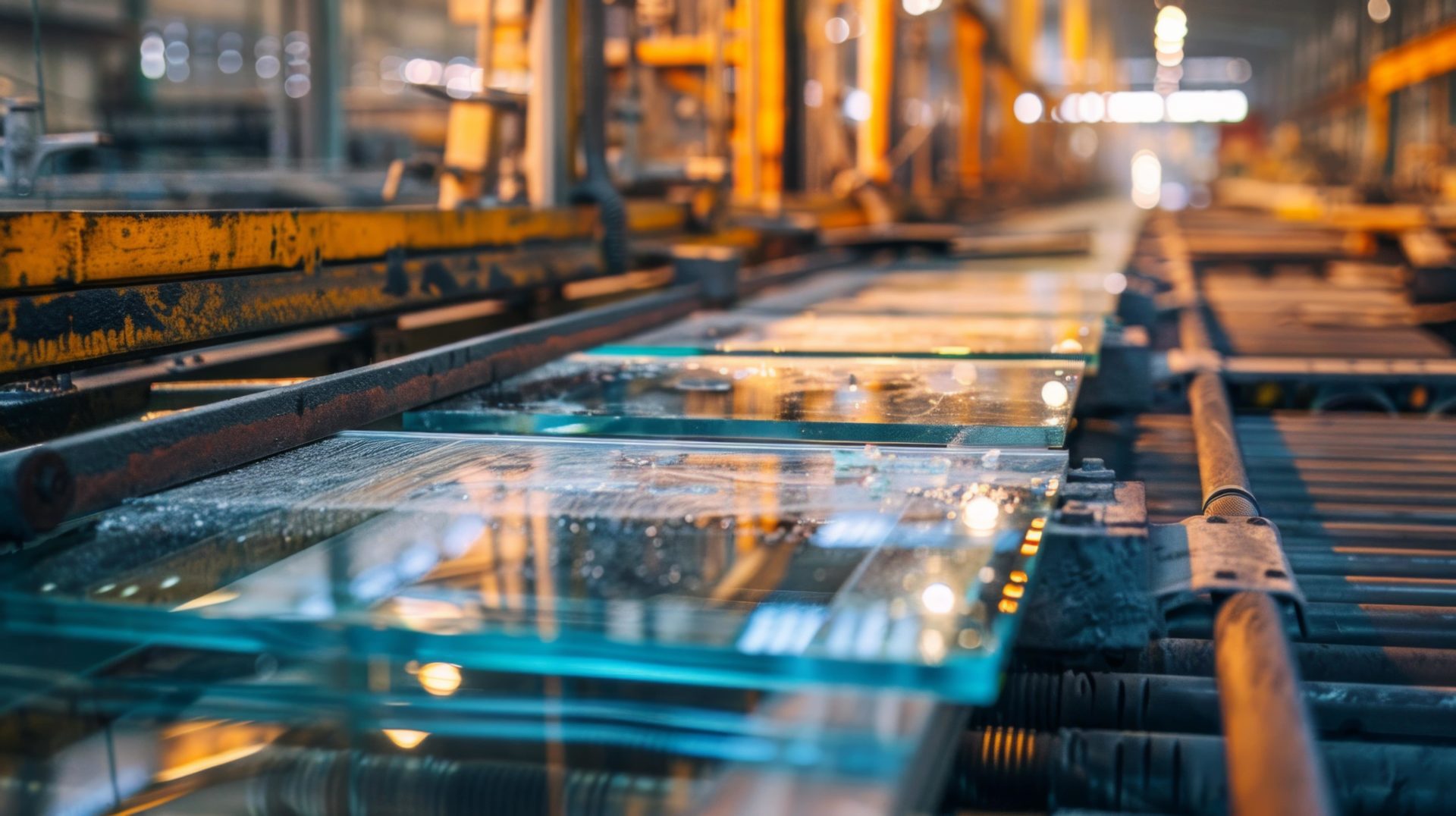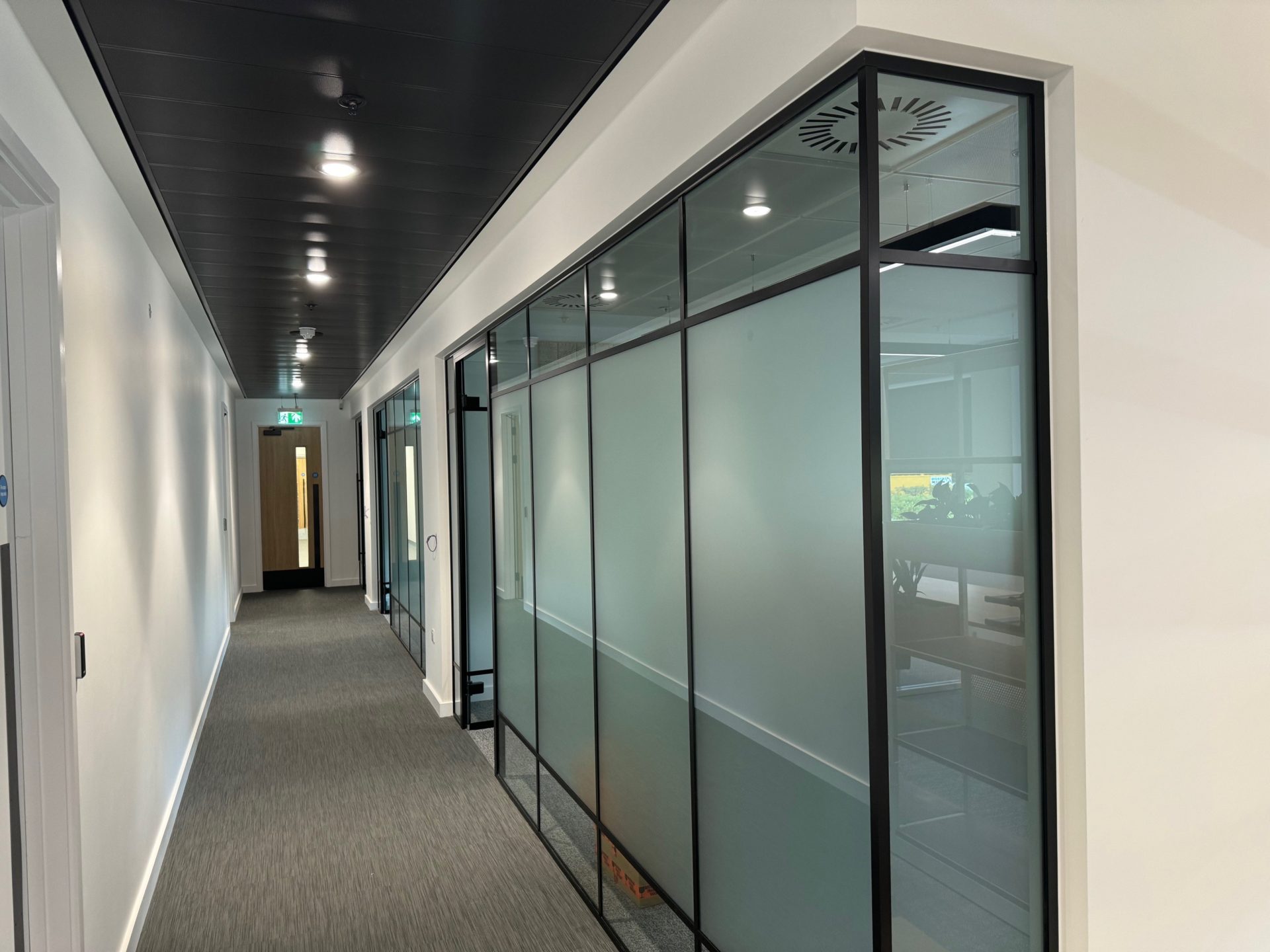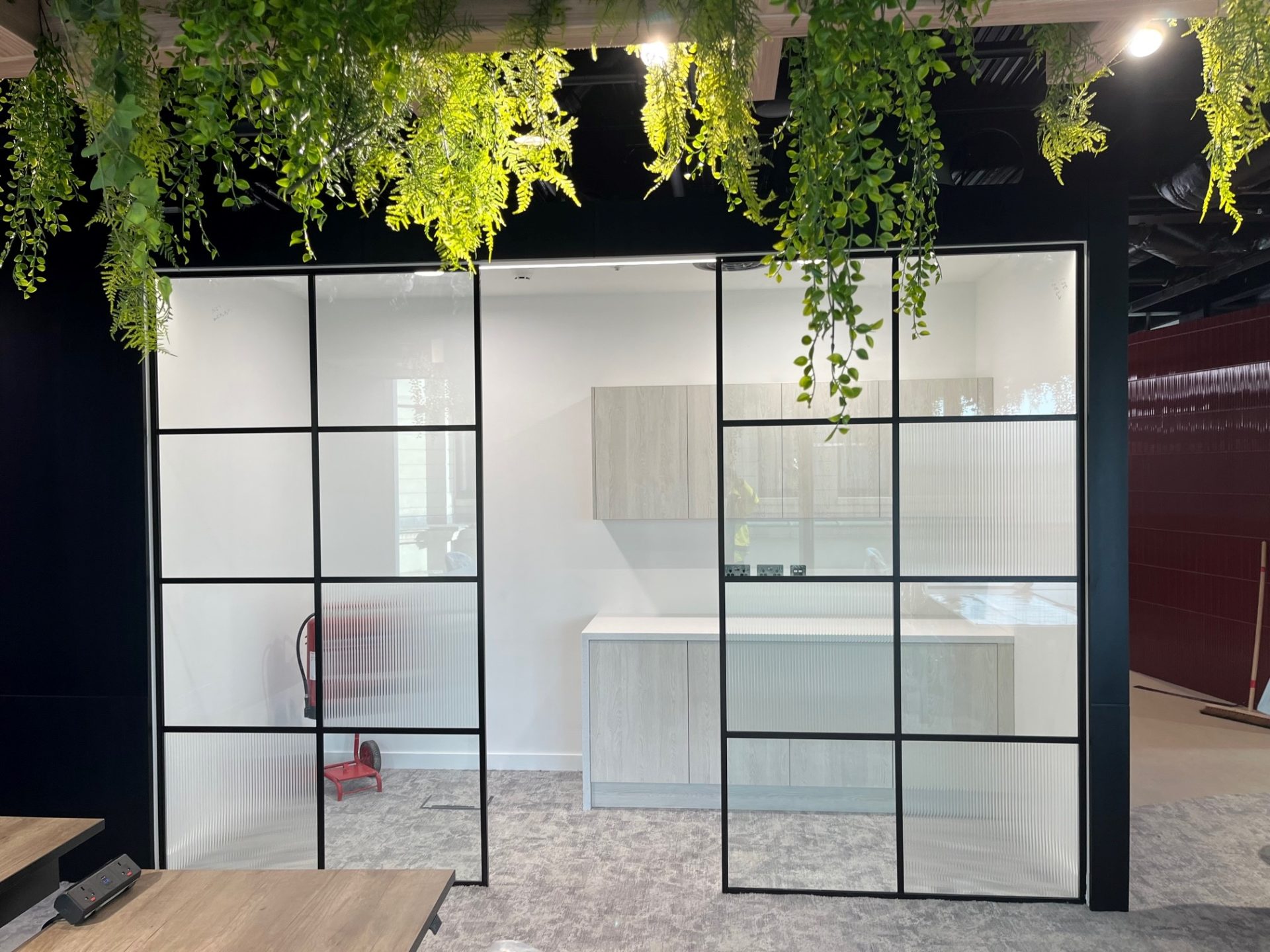02 / 10 / 2024
What is nickel sulphide inclusion?
Nickel sulphide inclusions, or NiS, can be one of the biggest problems glass companies face. For businesses involved in the production, installation, and maintenance of glass products, nickel sulphide inclusions create chaos days, weeks, months or even years after the completion of a project.
This blog will explore nickel sulphide inclusions, the formation process, why they are a problem, and the alleviation of their effect within buildings.
What is Nickel Sulphide Inclusion?
NiS refers to the tiny particles of nickel sulphide that, during the glass manufacturing process, can become trapped within the glass. This isn’t an issue glass companies are dealing with every day as they are rare, but, their inclusion can lead to spontaneous, unpredictable breakage of your glass panels. This rare but destructive issue means glass companies must take the utmost care when planning, installing and maintaining all glass products.
So, why does this occur? Well, during toughened glass manufacturing, nickel contaminants within the glass itself can sometimes react with sulphur. Nickel sulphide inclusions are an issue largely due to the nickel contaminants being impossible to detect within the glass due to being minuscule, ranging up to 0.05mm.

How does Nickel Sulphide Inclusion occur?
Various factors can affect whether nickel sulphide inclusion occurs. To understand how and why, we will explore the glass-making process in which the beginning of this issue materialises.
The Manufacturing Process
The creation of glass begins with its materials, which include sand, soda ash and limestone. Often, additional chemicals may be added to enhance its overall quality, including sodium carbonate and calcium carbonate. In order to create toughened glass, these components must be heated to at least 600°C before then being rapidly cooled, creating surface tension which allows the glass to be strong.
Nickel Sulphide Formation
Now, we can explore just where the nickel comes from. The machinery or equipment used during manufacturing may sometimes contain nickel, meaning that nickel impurities in the raw materials can interact with sulphur, thus forming nickel sulphide inclusions. They become trapped inside the glass and remain dormant and undetectable until after the glass panes have been installed. As mentioned above, the NiS are too small to detect with the naked eye, hence manufacturers and installers are unaware of which glass may be susceptible to breakage.
Nickel Sulphide Transformation
The way in which nickel sulphide inclusions become a problem relates to the different stages in which it may find itself. There are two crystalline forms: the beta phase and the alpha phase. During the creation of glass, which is heated to high temperatures, the nickel sulphide is in its beta phase. Even after cooling, the nickel sulphide may remain in a beta phase, causing no issues. It is only when the glass is subjected to much colder temperatures that the nickel sulphide may revert to its alpha phase, with which it expands, causing internal stress in the glass and causing it to spontaneously break. It is unknown when this phase change may occur, it could be weeks, months or even years after the glass has been formed.

What are the risks of Nickel Sulphide Inclusions?
As we’ve highlighted, the risks of nickel sulphide inclusions are the spontaneous breakage of glass in any period from days to years after the glass has been formed. This issue causes many problems for glass companies and architects alike, who specialise in the use of toughened glass, which relies on its strength and safety features.
For companies such as ourselves, Office Blinds and Glazing, we rely on the safety features of toughened glass for installing glass partitions and glass fire doors throughout buildings and offices. The risk that is imposed upon the installation of toughened glass, particularly in situations where the glass is needed to act as a partition or barrier, means NiS inclusions are extremely damaging to companies.
While toughened glass is designed to shatter into small pieces, spontaneous breakage of glass in high-traffic areas, such as offices or shopping centres, poses a risk to the health and safety of those who may be in the wrong place at the wrong time. For both the glass manufacturer/installer and the company in which the glass has been installed, spontaneous breakage of glass panels, particularly if someone has become injured, may harm the reputation of both companies
Lastly, the installation of glass partitions and doors is chosen for their sleek and modern aesthetic features, designed to enhance interior space. If nickel sulphide inclusions occur in any of these glass panes, the costs associated with the replacement of the damaged glass may disrupt business operations and incur costs that a company may not be able to afford.

Detecting Nickel Sulphide Inclusions
Although nickel sulphide inclusions are microscopic and undetectable to the naked eye, there are methods of discovering them that may help minimise their risk.
Heat Soaking
Heat soaking is a widely used method for detecting NiS inclusions from within toughened glass. The method works by heating glass panes up to approximately 287°C for several hours. In doing so, this method aims to convert the nickel sulphide from its beta phase to its alpha phase. If any panes of glass break, then the conclusion is that they contain nickel sulphide crystals. This method helps remove potentially susceptible glass panes before they can be installed and minimises the risk of spontaneous breakages further down the line. It must be noted, however, that this method is not 100% foolproof.

Do we offer any guarantee against Nickel Sulphide Inclusions?
Due to the nature of NiS inclusions, and the extended cost of applying heat soaking techniques to each pane of glass, we can not offer a guarantee against nickel sulphide inclusions, nor be held accountable for any breakages. At Office Blinds and Glazing, however, we are always on hand should you need us to come and replace any broken glass partitions or fire safety doors.
If you would like to know more about the risks of nickel sulphide inclusions, you can speak to a member of our expert team by getting in touch today.
05 / 11 / 2024
What is acoustic glass?
In such a busy, modern-day world, it can be difficult to escape all the noises that the outside has to offer, such as traffic, construction or just noisy people on the street. With the introduction of acoustic glass, or soundproof glass, we can help reduce or eliminate the amount of noise we experience on a daily basis, meaning less disruption to our sleep, work or just general downtime in our homes.


